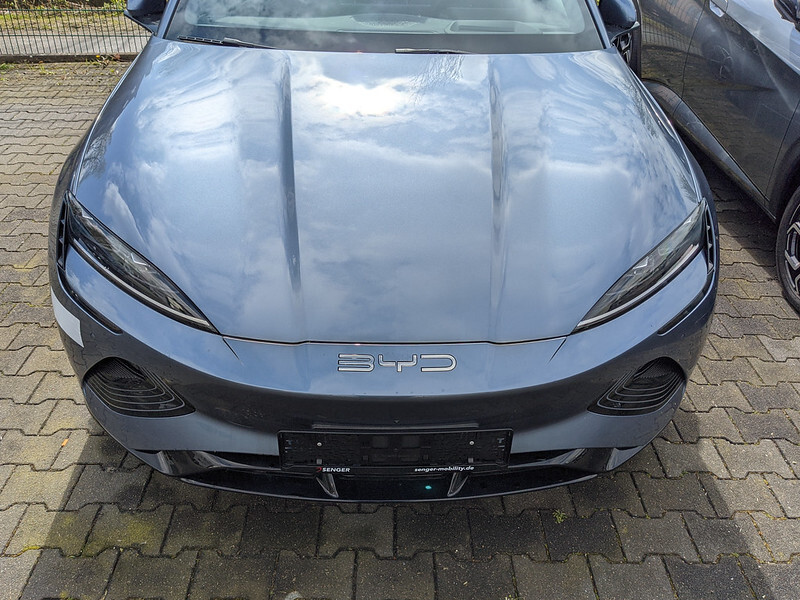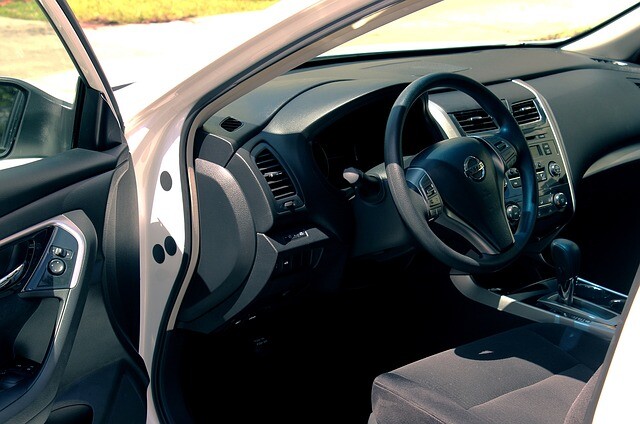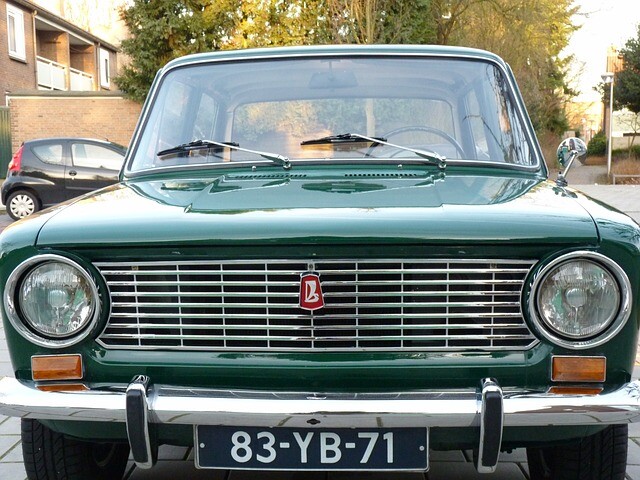Germany tightens
Even before Christmas, the German government adopted regulations that could contribute to reducing the driver's shortage.

The Germans decided to facilitate the employment of drivers coming from outside the European Union in order to reduce the driver's shortage in the sector. The entry into force from 2020 will allow professional drivers with non-EU citizens to stay in Germany for a maximum of 6 months to find a job.
It is unlikely, however, that the location would take much time because at least 50,000 lorry drivers are currently missing from one of Europe's largest economies (compared to just over 52,000 in the UK). The situation is exacerbated by the fact that in Germany, 30,000 truck drivers leave the track each year, while only two thousand truck drivers get their license per year. Moreover, within 15 years, two-thirds of employees in this position will retire.
However, there is a strong expectation for workers from outside the EU to know at least the German level at which their future employer requires it. At the same time, workers under the age of 25 do not need to have the necessary privileges if they have at least secondary (B2) knowledge of German. You can even get the papers you need to work in Germany, as they can take part in courses and trainings.
The new regulations are welcomed by professional organizations and German workers, as this will significantly reduce the sector's lack of drivers. However, the move may have a negative impact on the Polish labor market, as in Poland only last year, 25 thousand EU truck licenses were issued outside the EU, and this year it can reach 80 thousand. According to a recent survey, 59 percent of Ukrainian truck drivers who work in Poland would move to Germany after the new regulations came into force.
It has a very simple explanation. In Germany, a truck driver has a gross amount of 1750 to 2500 euros, which means that he can get paid between 560 and 810 thousand forints. Polish drivers can earn much less, on average, € 1,300, or 420,000 forints. It is not a question that Germany can fill vacancies effectively with Ukrainian drivers.
(Source: vezess.hu / photo: pixabay.com)




















